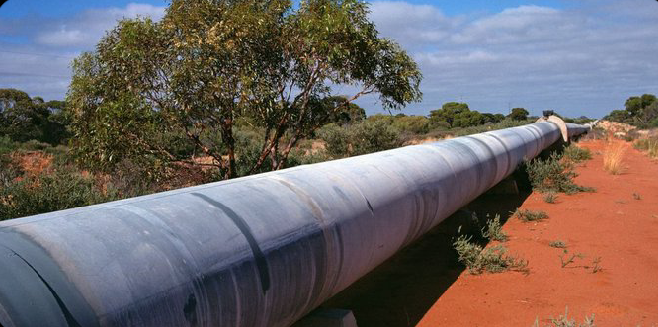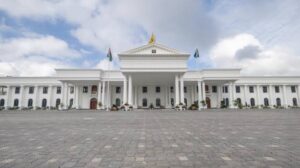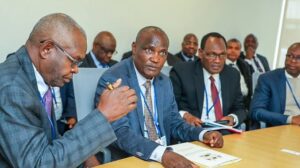Recent investigations have brought to light serious concerns about Kenya’s second most expensive infrastructure project, the Ksh 48.4 billion Line 5 pipeline.
This pipeline, stretching 450 kilometers, was constructed by the Lebanese firm Zakhem International and was intended to improve fuel transportation from Mombasa to Nairobi.
However, it now appears that the project has been plagued by financial mismanagement and corruption, potentially leading to taxpayers paying double what the project should have cost.
The Line 5 pipeline project was financed through a $350 million loan from six banks, with the Kenya Pipeline Company (KPC) contributing 28% of the funding.
Despite this, the project has become entangled in legal and financial controversies, raising questions about how the funds were used and whether the project was managed properly.
One of the most troubling aspects of this situation is that KPC now faces an additional payment of Ksh 40 billion to Ecobank Kenya and Ecobank Nigeria.
These banks were not part of the original contract, and the legitimacy of these payments is currently under legal scrutiny.
Large sums of money remain tied up in court cases, further complicating the situation.Adding to the chaos, there are disputes between Zakhem International and its subcontractor, Oilfields Engineering.
Oilfields Engineering claims that it is owed over $17 million for its work on the pipeline.
These disputes have led to several judges recusing themselves from the case, which has slowed down the legal process and made it even more difficult to resolve the financial issues surrounding the project.
KPC has also reported discrepancies in the project’s costs, with millions of shillings attributed to variations and delays.
The company has acknowledged that the true financial value of the pipeline remains uncertain until these disputes are fully resolved.
This situation has raised significant concerns about transparency and accountability in large-scale infrastructure projects in Kenya.
The possibility that taxpayers may have paid far more than necessary for this project is particularly troubling, as it suggests that corruption and mismanagement may have played a significant role in driving up the costs.
The involvement of Ecobank and the ongoing legal challenges only add to the complexity of the situation.
The entire project is now under a cloud of suspicion, with many Kenyans questioning whether their hard-earned tax money has been wasted on a project that should have cost far less.
It remains to be seen how much of the taxpayers’ money can be recovered and whether those responsible for the mismanagement of the project will be held accountable.
This emerging scandal highlights the need for greater oversight and transparency in the management of Kenya’s infrastructure projects.
Without it, there is a real risk that similar problems could arise in future projects, leaving taxpayers to foot the bill for corruption and mismanagement.





















Add Comment